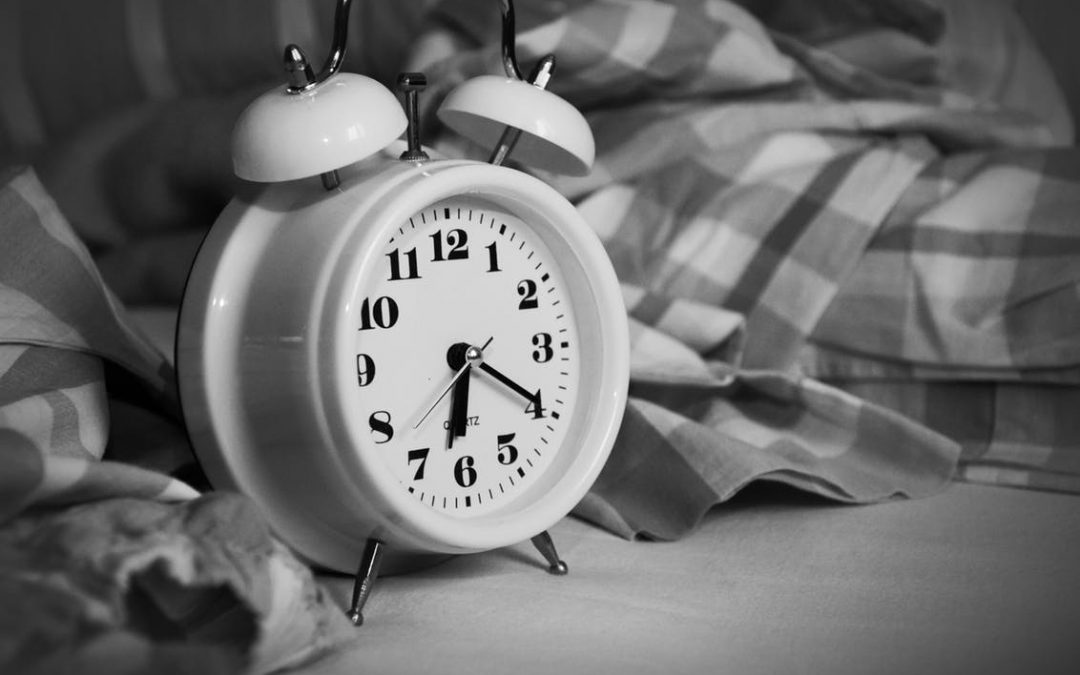Laying awake for hours trying to fall asleep, waking up several times throughout the night, pushing yourself to stay awake or waking up early to get more work done: these are all common experiences. New studies show that on average, adults are not getting as much sleep as what is recommended for good health. Common knowledge decrees that you should be getting eight hours of sleep a night, but how true is this? Below we will look at the importance of getting enough sleep, getting quality sleep, and how to improve your sleep.
Sleep for the old, sleep for the young
The amount of sleep you need depends on your age, and lessens as you get older. Infants need the most sleep and as children age, they begin to need less and less. Healthy adults generally need between seven and nine hours of uninterrupted sleep, and often we are not getting it, as many adults report only getting five or six hours of sleep a night. Older adults at age 65+ begin to need slightly less sleep, but still normally require seven to eight hours.
Waking often, staying awake
New studies suggest that waking up over and over again throughout the night is just as detrimental to your health and your mood as getting fewer hours of sleep overall. This means that even if you have dedicated eight hours of your night to “sleeping”, if you find yourself waking up a lot, you are not seeing the benefits of good sleep, and may even be suffering some of the negative fallout symptoms of not sleeping enough.
Bad sleep means a bad mood
When you get very little sleep, on days where you needed to get up very early to travel, or stayed up too late finishing an assignment, you probably have noticed that your mood is negatively affected. You might be irritable, extra-sensitive and weepy, and have less patience than normal. While these effects on your mood are apparent, your mood is also being affected when you aren’t getting enough sleep on a daily basis, even if it is just a little less sleep than you actually need. Lack of sleep accumulates and can negatively affect your day-to-day mood and even lead to mental health problems like anxiety and depression.
Top tips for best sleep
Now that you understand how important solid uninterrupted sleep is, how do you make sure you are actually getting it? There are some very easy and effective steps you can take to improve your sleep. These all fall under what is known as sleep hygiene, a set of habits that you can adhere to sleep better and longer.
Stick to a schedule: Going to bed and waking up at the same time each day allows your body to settle into a rhythm. Try to stick to the schedule daily and if you stay up late or sleep in on the weekend, it should only vary by a margin of about an hour.
Make your bed sleep ready: Make the space you sleep in a space that is really for sleeping. Minimize the amount of technology that is close to your bed – that includes mobile phones, tablets, computers and TV. Try not to do other things in bed such as work or watching movies.
Eliminate distractions before bed: An hour before bedtime, stop emailing, texting and checking social media. Try not to watch any suspenseful or exciting television programs. All of this is stimulating and will make it harder to fall asleep.
Exercise early and often: Regular exercise greatly improves your sleep. But finish up at least 90 minutes before you go to bed or you can actually wake your body up and make falling asleep more difficult.
Create a relaxing pre-sleep ritual: It might be having a bath or reading a book, or lighting a candle. Come up with some set of actions that welcomes rest and relaxation to do before bedtime.
As common as it is, bad sleep does not need to be a given reality. Implementing the above suggestions takes attention and discipline but they are proven to improve your sleep time and sleep quality. If you still find that you are waking up constantly or not falling asleep at all, you may have a more serious sleep condition and should talk to a medical professional to ensure that you are on the road to the best possible sleep.
Source: https://www.workhealthlife.com/
